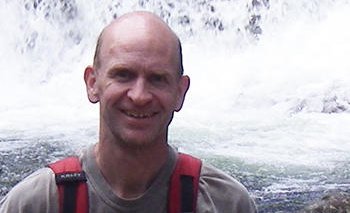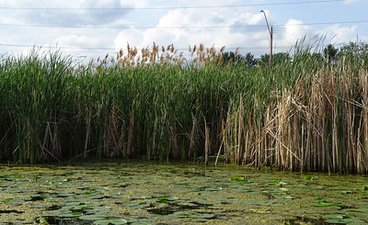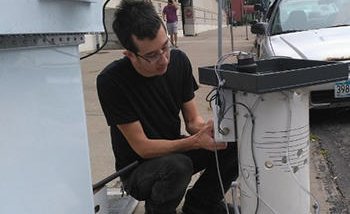The Minnesota Stormwater Seminar Series provides an opportunity to learn about the most recent research, discoveries, and case studies around urban stormwater management specifically for an audience of stormwater practitioners, professionals, and researchers. Seminars include a presentation, panel discussion, and Q&A with participants.
2024 Seminars
- January 18: Capturing and quantifying coarse organic matter in urban stormwater - John Chapman, Univ. of MN
- February 22: Performance of Stormwater Products and Practices: Why it Matters - Seth Brown, NMSA
- March 14: Rethinking Green Stormwater Infrastructure in Place - Ashlynn Stillwell, Univ. of Illinois Urbana-Champaign
- April 18: Plants and vegetation in stormwater practices - John Bly
- May 16: Urban Long Term Ecological Restoration (LTER) Project - Sarah Hobbie
- June 20: Lauren McPhillips
Seminars

Prioritizing chemicals and chemical mixtures of ecological concern in Great Lakes tributaries
With thousands of chemicals in production and very low detection levels allowing for frequent chemical detections in our natural environment, identifying which chemicals are most likely to pose an ecological hazard is challenging.

Real time monitoring and control of green infrastructure for improved stormwater management
This presentation will provide an overview of laboratory experiments that show how bioretention and wetlands can be easily and simply controlled to significantly improve their treatment and hydrologic performance.

A simulated examination of stormwater sampling methods
To better understand the errors associated with stormwater sampling, U of M researchers built a numerical simulation of runoff sampling and examined accuracy for different types of idealized storms, pollutants, and samplers.
